New Right Now:
Maltese Humping Issues - Why both male and female Maltese dogs may hump other dogs, inanimate objects, or even people. This new article includes all possible reasons why dogs may do this and exact training steps to stop humping behavior.
Recent Articles:
How to Help a Bored Maltese Stay Busy - This is a wonderful article with creative, fun ways to help keep a Maltese occupied. Includes 6 activities to go together and 6 activities for independent play. Is applicable to Maltese of all ages.
Maltese Dos and Don'ts - A super-helpful list of the 5 most important dos and the 5 most vital don'ts for this amazing toy breed. This is for Maltese of all ages. How many are you following?
Maltese Dogs and Emotional Stress - Signs a Maltese is stressed, top triggers, health consequences, and 20 things you can do right now to help your Maltese feel better.
Maltese Itching Issues
- Effective tips to quickly resolve any sort of itching. Even if you have no idea what is causing the itch, you can offer immediate relief.
Maltese Sleep Issues and Info
- An interesting look at sleep requirements for each life stage, helpful solutions to sleep problems, and how to create an ideal sleeping area for your little guy or gal.
When a Maltese Eats Feces
- This is known as coprophagia. If your Maltese does this, it should be addressed right away. See the top 10 tips that really work to immediately stop this behavior.
Homemade Food for Maltese
- There are many reasons why switching to home cooked meals can be a great idea. Read about commercial dog food vs home cooking.
Maltese Feeding Guidelines
-
Updated
- New, updated information regarding grain vs grain-free foods and the latest list of recommendations.
Maltese Dry Skin
- This is a common issue with breeds that have hair (not fur) like the Maltese, and can be long-lasting or spiral into worse problems if it is not addressed. Read why this happens and how to quickly remedy this.
Maltese Picky Eaters
- If you are stressed out trying to please a super-finicky eater, these 7 steps can turn things around.
Maltese Bad Smells and Odd Odors
- If your Maltese doesn't smell as nice as you'd wish, this article is for you. Covers the top reasons a dog may develop an unpleasant odor and easy steps to keep your little guy or gal smelling fresh and clean.
Why Maltese Eat Grass and How to Stop It
- If your little guy or gal loves to chow down on grass, it's important to know the negative consequences. Also read the top 4 reasons why dogs do this and the 5 steps to quickly stopping this behavior.
Supplements for Maltese
- Have you wondered if your Maltese puppy or dog could benefit from a supplement? Though not all canine family members need these, there are quite a few instances when a certain supplement can be quite helpful. Read about the 6 most important dietary supplements that may apply to your Maltese.
Maltese Collars vs Harnesses
- The important information you need to know about collars and how these can affect your little one's health and well-being. Recommended harnesses for Maltese of all sizes and ages.
Flea, Tick, and Heartworm Protection
- No doubt you know that it’s important to protect your Maltese puppy or dog from parasites and insects including heartworms, fleas, and ticks. However, choosing safe products can seem daunting. This article covers how to choose the best products with the least chance of adverse side effects.
Maltese Bad Breath
- If your little guy or gal has stinky breath, learn the top 5 reasons for this and exact remedies to prevent halitosis and keep the breath fresh and clean.
Maltese Arthritis
- Starting with adults age 6, take preventative measures. And for all adult Maltese, learn about this disease that affects 80% of all canines age 8 and up.
The 5 Best Types of Toys for Maltese
- All toys are not created equal; these 5 types can fix teething woes, boredom, chewing urges, issues with being home alone, and creating a stronger bond with your puppy or dog.
The Best Treats for a Maltese
- Taking a look at what to avoid at all costs, and some truly wonderful options for an extra boost of nutrition and a well-deserved reward.
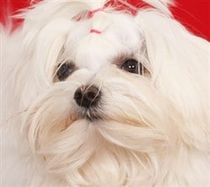
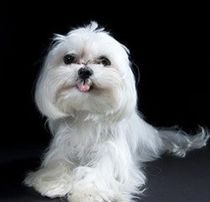

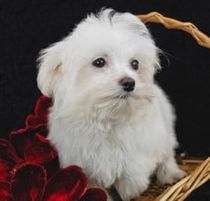

-min-450x169-442w.jpg)
-min-389x500-600h.jpg)
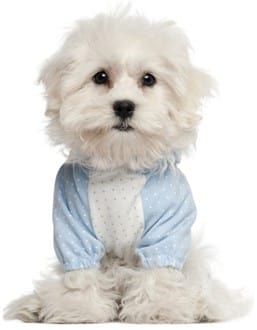
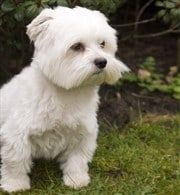

-min-180x187-214h.jpg)
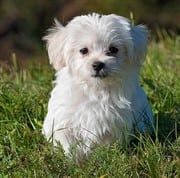
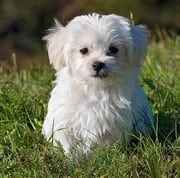
-min-480x270-576w.jpg)
-min-330x185-1920w.jpg)